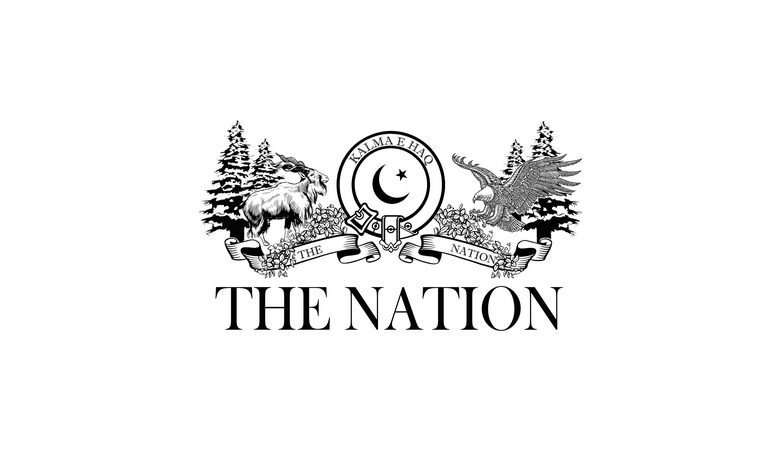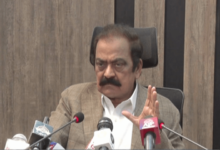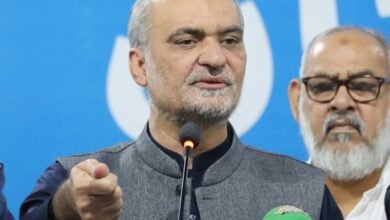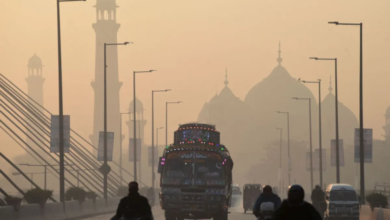
ISLAMABAD – Executive Director Devcom-Pakistan Munir Ahmed on Saturday said that climate change posed a significant threat to natural resources, disproportionately affecting poor populations and contributing to a cycle of increasing poverty.
Speaking as guest speaker at the Islamabad Crescent Lions Club monthly meeting here Saturday, he said that the depletion of vital natural resources such as water, soil, and biodiversity, droughts, floods, and changing weather patterns disrupt agricultural production, which is often the primary livelihood for impoverished communities. This resource depletion means less food, reduced income, and greater insecurity for those who rely on these resources for survival, said a press release.
Munir Ahmed said, ”Poor communities typically have limited economic diversification. When climate change negatively impacts sectors like agriculture, fishing or forestry, these populations face immediate economic challenges. Loss of income can lead to heightened poverty levels, as families struggle to meet basic needs like food, shelter, and healthcare. Pakistan’s poverty index has climbed up in recent years mainly because of two factors, political instability and climate change.” There is no repair to the losses of the devastating floods despite international commitments, he added.
“With agricultural productivity declining due to erratic weather and resource scarcity, food prices can skyrocket, making it harder for low-income families to access nutritious food. Food insecurity can lead to malnutrition and related health problems, further trapping families in poverty.
Meanwhile, climate change has exacerbated health issues, particularly in poor communities lacking adequate healthcare access. Rising temperatures and changing ecosystems can lead to the spread of diseases, respiratory issues from pollution, and increased mental health challenges. Poor health can diminish work capacity and economic stability, perpetuating the cycle of poverty,” he said.
The ICLC founder Sibtain Raza said that poor communities often lack the resources, technology, and infrastructure needed to adapt to changing climate conditions. Without financial support or access to innovative practices, these populations are left vulnerable, unable to implement measures that could help them cope with environmental changes. ICLC is trying to develop a group of social philanthropists to use their resources to empower the poor and marginalized. Free meals shall only go to the doorsteps of the most deserving, not to everyone.
Dr. Imran Iqbal, the host of the meeting, said as climate change exacerbates poverty and resource scarcity, it can lead to social unrest and conflict over dwindling resources.
This instability further hinders development efforts and can perpetuate cycles of violence and displacement. We need combined efforts to combat the effects of climate change and poverty that create a complex and worsening scenario for vulnerable populations.





